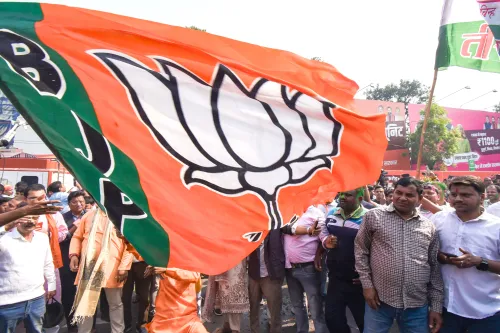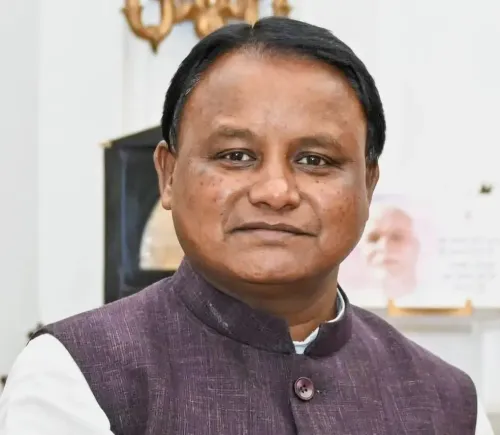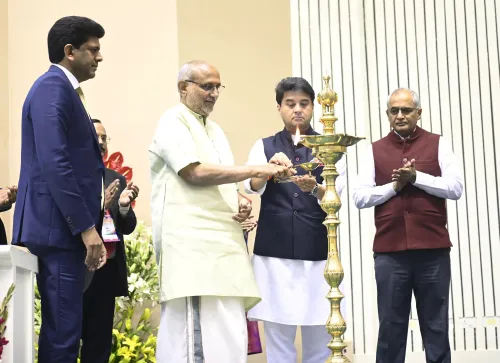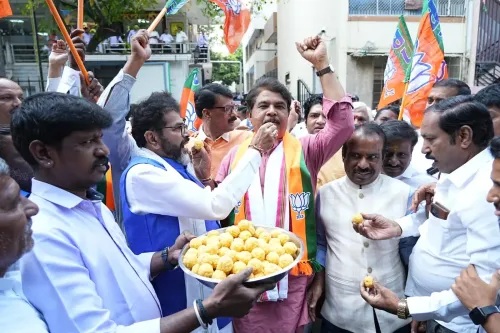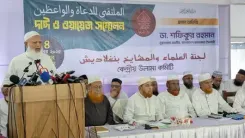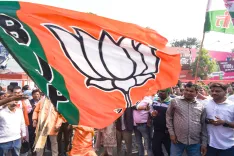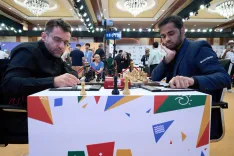Is the Bengal Government Prioritizing Job Card Mapping Under MGNREGA?
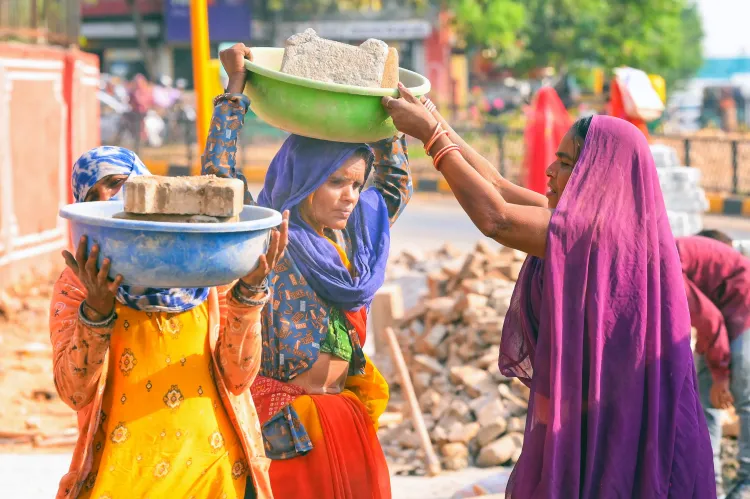
Synopsis
Key Takeaways
- Mapping job cards enhances transparency in the MGNREGA scheme.
- The initiative aims to ensure funds go to genuine beneficiaries.
- The Calcutta High Court has mandated the resumption of fund payments.
- Political tensions remain high between the Trinamool Congress and BJP.
- Linking job cards with AADHAAR is a key step in the process.
Kolkata, Nov 14 (NationPress) In the wake of the adverse effects caused by the suspension of central funds for the 100-day employment initiative under the Mahatma Gandhi National Rural Employment Guarantee Act (MGNREGA), attributed to claims of corruption in its execution, the West Bengal government is now focusing its efforts on accurately mapping job cards related to this scheme.
Despite the hectic demands placed on state government personnel due to the ongoing Special Intensive Revision (SIR) mandated by the Election Commission of India (ECI) in West Bengal, the state panchayat affairs and rural development department has commenced the job card mapping process for the 100-day employment scheme.
This mapping effort involves linking job cards to the AADHAAR identification numbers of the respective job card holders. Once linked, the information is promptly uploaded onto the MGNREGA website.
The primary aim of this initiative is to guarantee that funds are disbursed solely to legitimate beneficiaries, thereby enhancing transparency and mitigating the risk of misuse of the central funds allocated for the MGNREGA scheme.
It is important to note that the Union Government had halted payments under the MGNREGA scheme for the past three years, igniting a political dispute between the Trinamool Congress and the BJP.
The Centre claimed that the cessation of payments was a result of widespread corruption in the scheme's implementation.
However, in June of this year, the Calcutta High Court ordered the NDA government at the Centre to resume payments for the outstanding MGNREGA funds owed to West Bengal, following a petition from the Paschim Banga Khet Majoor Samity, a coalition of agricultural laborers in the state.
The Calcutta High Court remarked that the Union Government could impose conditions for the payment of MGNREGA funds but could not entirely halt payments.
Subsequently, in July, the Union Government contested the Calcutta High Court's ruling in the Supreme Court. Last month, the Supreme Court’s Division Bench, led by Justice Vikram Nath and Justice Sandeep Mehta, upheld the prior ruling and declined to intervene.

